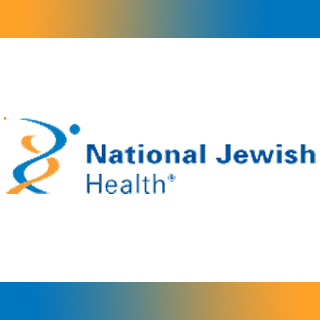
Previously it was revealed that the receptor in cell development and growth known as HER2 is possibly involved in ALI. This receptor reportedly treated mice from chemically-induced lung injury. It was concluded that HER2 has an important role in the earlier inflammatory phase of lung injury, which signifies ALI in mice. While conducting a series of experiments in cell culture and animal models, experts connected interleukin-1ß to HER2. Such a connection may lead to a cascade of signals within epithelial cells. The signals in turn presumably enable blood vessel walls to become permeable and allow the flood of fluid into the lung air spaces.
Also the production of NRG-1, one of the molecules in the signaling pathway, was blocked by the investigators. As a result, the flow of molecules through a cellular barrier was probably decreased by 52 percent. James Finigan, MD, Assistant Professor of Medicine at National Jewish Health who is the first investigator of the research and colleagues then assessed lung fluid from ALI patients and noted increased levels of NRG-1. It was suggested that medications targeting HER2 can be helpful in the battle against ALI.
The research was published on January 19 in the online version of The Journal of Biological Chemistry.

